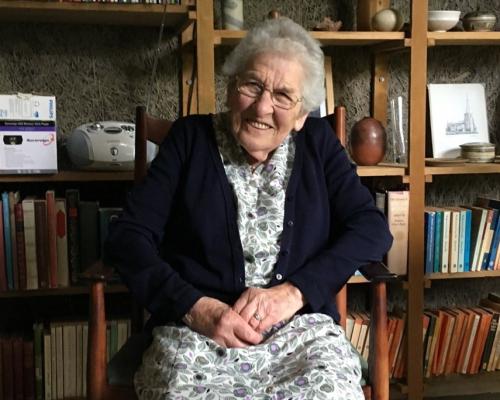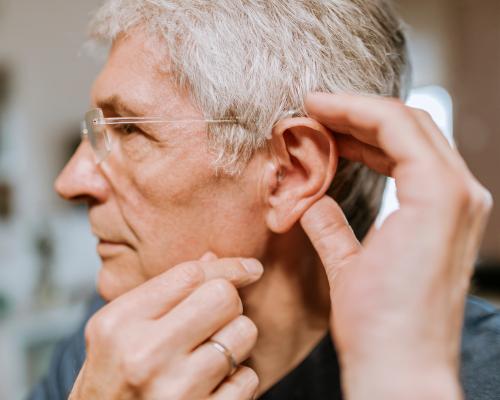
We write as former colleagues who worked together from the 1980s on identifying the cause of tinnitus. After the outburst of negativity about tinnitus distress on your letters page (10 August), we feel compelled to put more than an element of good news into the discussion. Being able to hear tinnitus at some time is almost universal. Persistent distressing tinnitus is due in large part to the meaning ascribed to it and the subsequent strong emotions evoked, which establish a conditioned response that does not habituate. Sounds that are threatening demand our constant attention.
Tinnitus retraining therapy, which follows the science of the Jastreboff model and our research, has been very successful. While there is no quick fix, this is a slow fix that really works when patiently followed, and is used by audiologists around the world. Visit tinnitus.org and tinnitus-pjj.com to make up your own mind. You do not have to live with it.
Jonathan Hazell
Honorary consultant neuro-otologist, University College London (retired); former director, Tinnitus and Hyperacusis Centre, London
Pawel Jastreboff
Visiting professor, UCL; professor emeritus, department of otolaryngology, Emory University School of Medicine
• My tinnitus started after the use of a plug-in mouse-repellant device that emits a high-pitch frequency and which, apparently, humans cannot hear. It continued mostly as a high-pitch constant noise just like the sound of the plug-in, but spiked once and sounded like a plane was about to crash into the room.
When I can’t bear the high-pitched sound, I put in my NHS ear devices that give off a white noise “shuffling” sound, cancelling out the noise in my head. I have chosen to live with it rather than suffer anxiety and distress because of it, as I know it will never go away.
Karen Royall
Wigton, Cumbria
• I am 73. I don’t know how long I have had tinnitus, but I certainly had it after a spell in a woodworking factory, unprotected, in 1970, and that’s 55 years and counting. Since then it has always been present, a continuous experience of multiple, swirling high-pitched whistles (like standing on the shore of an electronic ocean) accompanied by the tick-tick-tick of a pocket watch. It is at its worst when I am surrounded by silence, at night.
But it has also conspired to make my presence in company more difficult, as my brain gets older and finds it more difficult to select the sounds it needs to focus on. I no longer go to parties and cannot hear in loud pubs or restaurants. It masks dialogue when I watch TV or films.
I have given up expecting a cure. I don’t even expect my GP to care about it. Their indifference, derived, I think, from their impotence in the face of it, makes it embarrassing to refer to it. But its impact on my life, both working and social, has been huge and entirely negative. My sympathy goes out to the many fellow sufferers.
Christopher House
Hertford
• Have an opinion on anything you’ve read in the Guardian today? Please email us your letter and it will be considered for publication in our letters section.







